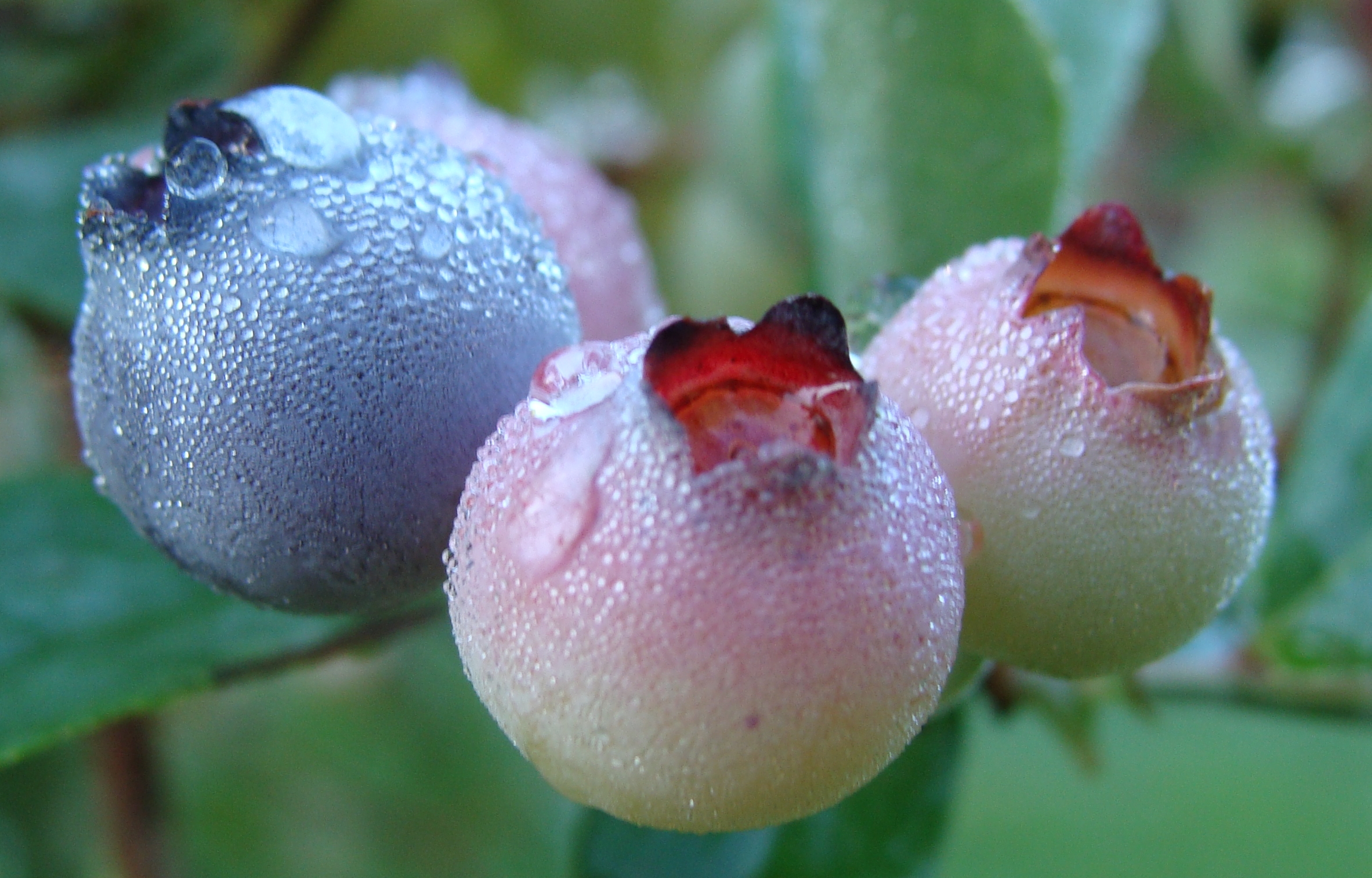Using compost to grow better bananas and berries
Commercial banana and blueberry growers across northern NSW are set to benefit from a new project helmed by the New South Wales Government Department of Primary Industries (NSW DPI) and funded by the NSW Environmental Protection Authority to the tune of $176,352.
The funds are being used to developing “sustainable markets” for composts made from recycled organics (RO) – nutrient-rich soil-conditioning mixes composed largely of household food and green waste – among the state’s commercial horticultural producers.
NSW DPI received the funding in May 2016 under NSW EPA’s Waste Less, Recycle More Organics Marketing Grants Program, and work is well underway.
Currently, the project team is busy encouraging grower interest in the use and demonstrable benefits of applying recycled organics (RO) composts to broadacre horticulture crops, such as bananas and blueberries, across northern NSW.
Getting growers involved
Information, tips and demos of RO compost in action on-farm will be shared with growers and interested stakeholders in the region via a flotilla of marketing and extension activities, including:
- workshops, field walks and field days;
- interactive demonstration sites;
- social media communications;
- DPI Prime Facts factsheets;
- articles and papers in journals and media; and
- a final project report.
Manage me bananas: Northern NSW growers can get the latest information on composting from NSW DPI's program of workshops, field days, factsheets and Facebook posts.
Anna Rodriguez Carrington, Flickr CC
Delivering the Prime Facts
NSW DPI will include simple cost /benefit analyses in its project-related Prime Facts factsheets to support growers and advisers in making “informed decisions about the profitable use of compost in horticulture”.
The project team hopes this will give the state’s RO compost industry “a legacy of credible data, packaged for ongoing marketing use”.


